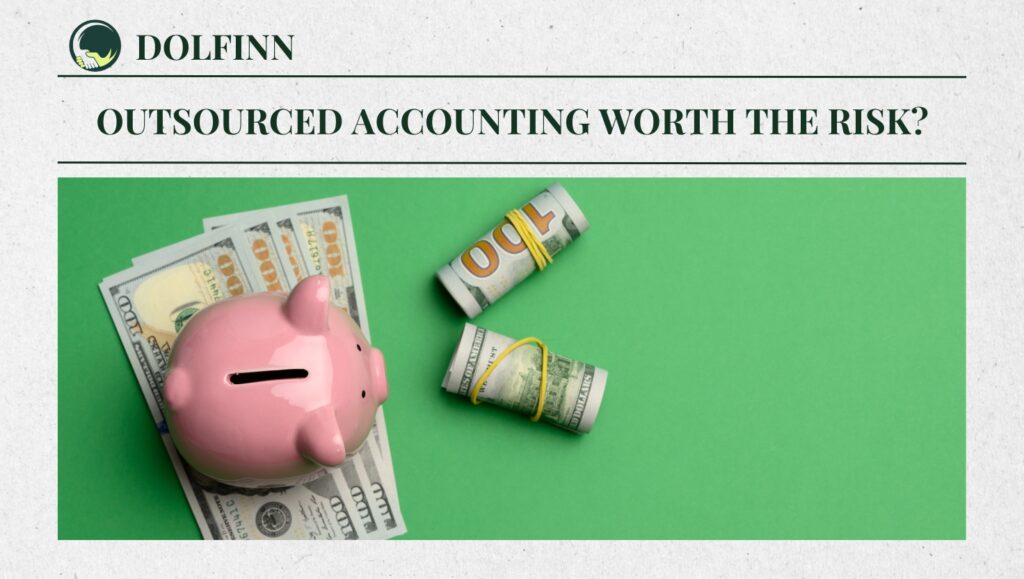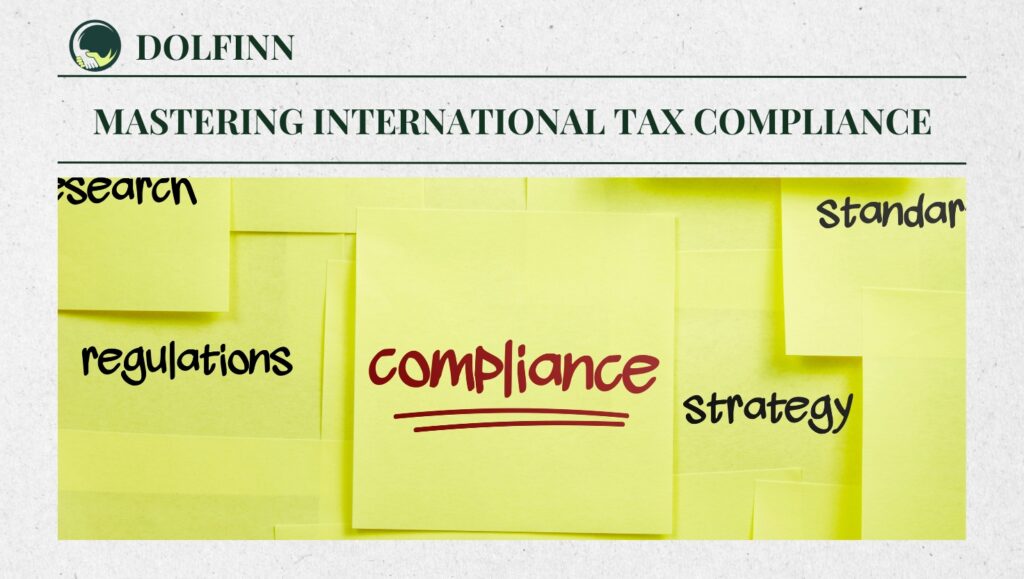Top Cash Flow Forecasting Tools You Can’t Ignore for Global Businesses

In 2024, accurate cash flow forecasting is more critical than ever. Explore the top 11 cash flow forecasting tools that can revolutionize your business’s financial planning. These tools provide real-time insights, help in scenario planning, and optimize cash flow management, enabling businesses to make informed decisions and ensure long-term success.
Mastering Profit vs. Cash Flow: 5 Key Strategies for Financial Success

Understanding the difference between profit and cash flow is critical to your business’s financial health. While profit shows your ability to generate value, cash flow ensures you have the liquidity to meet immediate obligations. In this guide, we’ll break down the key differences, the challenges businesses face, and provide actionable strategies to balance both for long-term success.
5 Key Advantages and Disadvantages of Outsourced Accounting: Is Outsourced Accounting Worth the Risk?

Outsourced accounting is becoming increasingly popular among businesses of all sizes due to its cost efficiency, specialized expertise, and ability to streamline operations. However, it also comes with potential challenges such as loss of control, data security concerns, and communication barriers. In this comprehensive guide, we explore both the advantages and disadvantages of outsourcing your accounting functions and provide insights on how to choose the right accounting partner for your business.
Mastering Cash Flow Management in 2025: 7 Proven Strategies for Financial Success

Navigate the financial complexities of 2025 with our expert guide on cash flow management. Discover actionable strategies to optimize liquidity, reduce debt, and fuel business growth. Whether you’re a startup or a global enterprise, these insights are your roadmap to financial resilience.
Mastering International Tax Compliance: 7 Crucial Strategies for Multinational Success

Navigating international tax compliance can be a daunting challenge for multinational corporations. This guide provides an in-depth look at essential strategies, such as leveraging bilateral tax treaties, mastering transfer pricing, and aligning with the OECD’s BEPS framework, to ensure compliance and optimize tax outcomes.
5 Common Bookkeeping Mistakes Small Businesses Make and How to Avoid Them

Accurate bookkeeping is crucial for small businesses, yet common mistakes often cause financial chaos. From mixing personal and business finances to overlooking important financial reports, these errors can lead to missed opportunities and costly tax issues. In this blog, we reveal the top 5 bookkeeping mistakes small businesses make and provide practical tips on how to avoid them, ensuring your financial records stay organized and your business thrives.
Unlocking Compliance: 7 Key Steps to Determining Your Discount Rate Under ASC 842

The introduction of ASC 842 has reshaped lease accounting by requiring organizations to recognize leases on their balance sheets. A critical aspect of compliance is determining the correct discount rate, which directly impacts lease liabilities and right-of-use assets. This blog explores how to navigate this complex task, covering the rate implicit in the lease, incremental borrowing rate (IBR), and the private company risk-free discount rate option.
Recession Survival 2025: Master Financial Planning for Recession to Safeguard Your Business

Economic downturns challenge even the most resilient businesses. Effective financial planning can be your best defense against a recession. This guide uncovers actionable strategies, examples of Entity-Level Controls, and key ASC guidelines to help your business thrive amidst uncertainty.
ASC 606 for SaaS: 7 Revenue Recognition Challenges You Must Tackle

Navigating ASC 606 for SaaS companies involves tackling key revenue recognition challenges like hybrid cloud arrangements, SSP, and variable consideration. This guide provides actionable insights to help you stay compliant and transparent.
Mastering Consolidation Accounting: 5 Key Insights to Simplify Complex Financial Reporting

Consolidation accounting ensures transparency in financial reporting by reflecting the financial performance and position of entities with controlling financial interests. Explore the VOE and VIE models, their differences, and practical insights to simplify this intricate accounting process.
